Water Quality Field Tour Summary
For anyone who missed out on this engaging, educational event, here is a summary for the IRWP Water Quality Field Tour that took place on Saturday, June 7th 2025 at the Prairie Grove Battlefield State Park.
Raging storms leading up to the event!
On the morning of the event, Northwest Arkansas was hit with a powerful storm, but fortunately, the skies cleared just in time for us to kick things off! It made the rain gardens show their full power since the rain from the morning’s storm was already infiltrated into the ground by the time we finished the tour.
Annie Sales took us through the process of creating the rain garden, sharing her expertise on selecting native plant species, and the design elements and considerations that make this green infrastructure project so successful!
If you would like to learn more about designing a rain garden you can view the Rain Garden Design Presentation.
Annie Sales then spoke on water quality in the Illinois River Watershed with the Water Quality Field Tour Presentation.
Partners spoke about their organization’s and how to reach them for their services.
We kicked off the field tour by giving each partner the opportunity to highlight their organization’s mission and goals, all of which are complimentary to one shared mission: improving water quality!
First Topic: What is LID?
Jane Maginot with the University of Arkansas System Division of Agriculture Cooperative Extension Service (Know the Flow) presented on the benefits of Residential Low Impact Development and how it can improve stormwater management for the region!
Then we began the walking portion of the field tour!
The field tour group gathered and descended the historic hill of the Prairie Grove Battlefield, situated alongside a remnant native prairie that served as the backdrop for our presentations.
Dr. Chuck West shared his knowledge on native grasses.
Dr. West has played a pivotal role in research on grazing natives and legumes in this region, so we were thrilled to hear from him! As we explored the pasture, even the experts were stumped by some of the rare native plant species, a clear indication of the diversity this field holds.
We reviewed the soil analysis of the pastures together.
Sara Overton from the Washington County Conservation District recently conducted soil sampling, and Ronnie Horn from the University of Arkansas' Crop, Soil, and Environmental Sciences department walked us through the soil sampling process—a free service available to all Arkansas residents!
Katrina Sims talked about programs that support quail habitat restoration.
Quail Forever supports quail habitat restoration, and many of the practices can improve water quality! Quail Forever works closely with the Natural Resource Conservation Service (NRCS) to implement cost-share programs for landowners to improve their operation or restore quail habitat.
You can read Quail Forever’s guidelines for habitat restoration here: Working Lands for Northern Bobwhites
Roger Cain talked about River Cane!
Roger Cain, a Tribal Historic Preservation Officer for the Untied Keetoowah Band of Cherokee, shared the deep ecological and cultural significance of this native plant. We were fortunate to see authentic woven baskets crafted from the same materials that have been used by Native Americans for generations.
Then it was lunch time!
Thanks to Arkansas Farmers Bureau, we had a delicious BBQ lunch for all the attendees! Thank you to Evan Teague and Bill Haak for shopping and cooking.
We’re thrilled with how this event turned out, and it’s one we couldn’t have done without the support of so many! A heartfelt thank you to all the partners and attendees who made the day so engaging and left us feeling inspired to continue working toward better water quality.
If you'd like to join us for the next field tour, don’t hesitate to reach out at contact@irwp.org!
This event was possible thanks to the support and coordination of many partners, so thank you to everyone who was a part of this event!
If you are interested in addressing your natural resource concerns on your property, please visit our Landowner Services page to learn how we can provide the technical assistance and resources to support your efforts.











